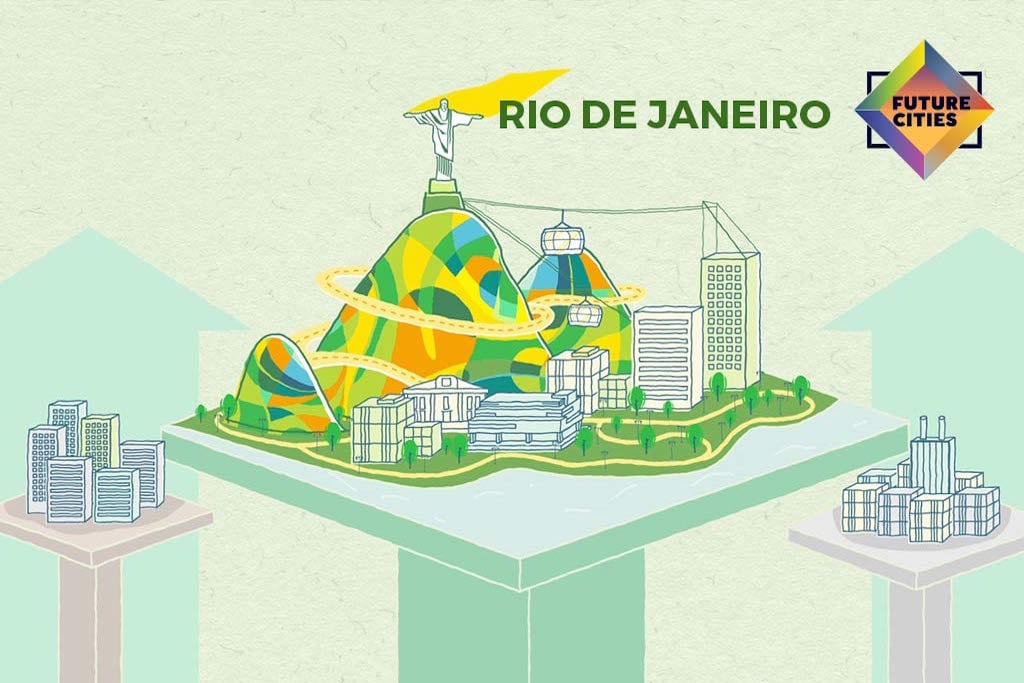Skift Take
This is the fourth installment of our Future Cities series, where we look at how Rio de Janeiro is using to event tourism in hopes of improving its infrastructure and re-urbanizing its favelas.
This sponsored content was created in collaboration with a Skift partner.
This is an extract from our Future Cities series, where we explore how major destinations are using smart design to shape the city of the future. In this installment, we look at how Rio de Janeiro is using event tourism in hopes of improving its infrastructure and re-urbanizing its favelas
Read the full article and video on the Future Cities mini-site:
Go to Future Cities
Among the world’s global cities, Rio de Janeiro is one of the most complex stories in terms of tourism and urbanization. On one hand, the Brazilian metropolis, one of the most visited cities in Latin America according to MasterCard, has made gigantic strides in urban development and has greatly improved upon its mass transit systems.
On the other hand, the city still faces significant economic inequality, and it remains to be seen whether the city development projects brought forth in part due to major events like the 2014 World Cup and the 2016 Olympics will have a lasting positive effect on Rio’s inhabitants in addition to serving international tourists. In any case, Rio de Janeiro is going through massive changes.
Every city faces its own unique challenges. While some cities muster the funds to overhaul and update infrastructure like Amsterdam, or, likeDubai, build sustainably from the ground up, cities with longstanding histories of overbuilt communities are often left to their own devices, piecemealing together best practices for city planning and development strategies to match the propulsion of the modern world. Rio is one of these cities. Its development projects are less about game changing innovation, and more about providing the essential needs of a global city…
Click below to view the full article:
Continue Reading
Future Cities is a collaboration between Skift and MasterCard, exploring how major destinations are preparing for the new age of urban mobility. From connected infrastructure to smart technologies, this series looks at how global cities are creating seamless and personalized experiences for visitors and residents.
Join the conversation on Twitter with #SkiftFutureCities
Have a confidential tip for Skift? Get in touch
Tags: city development, future cities, olympics

